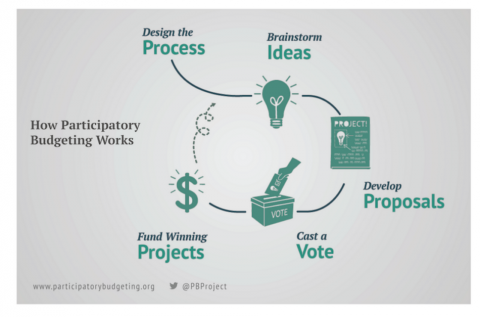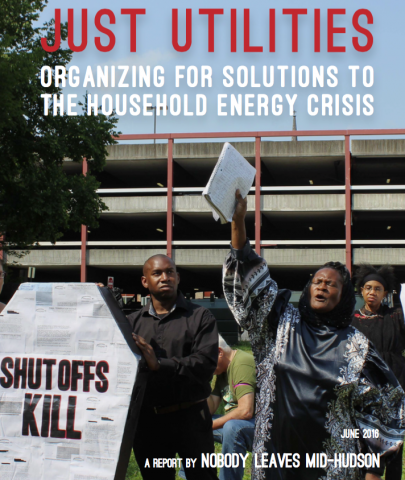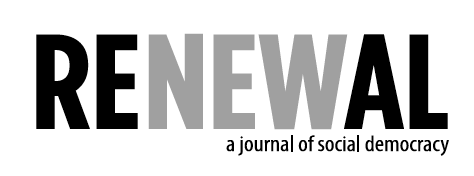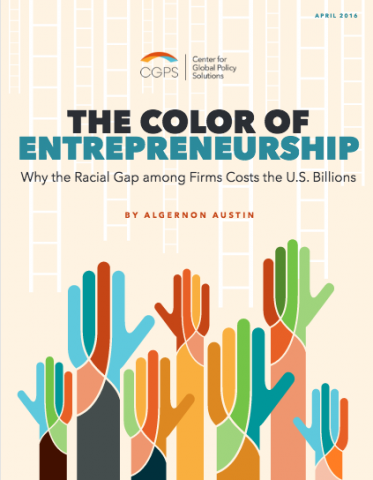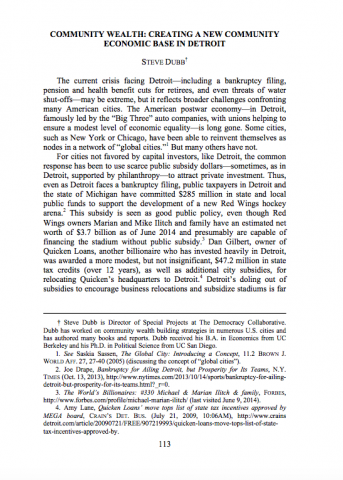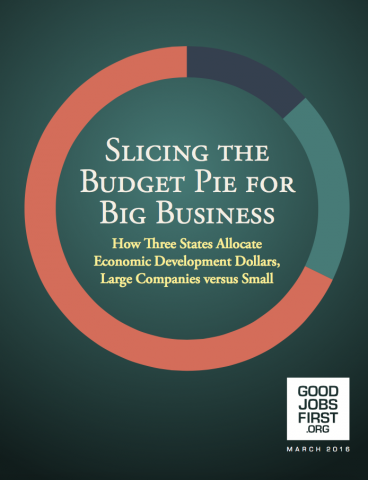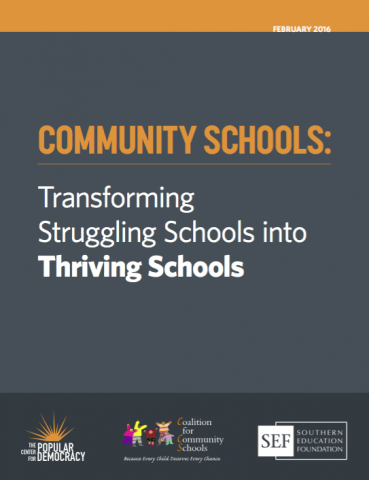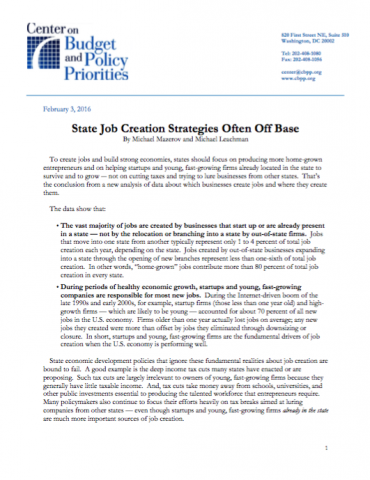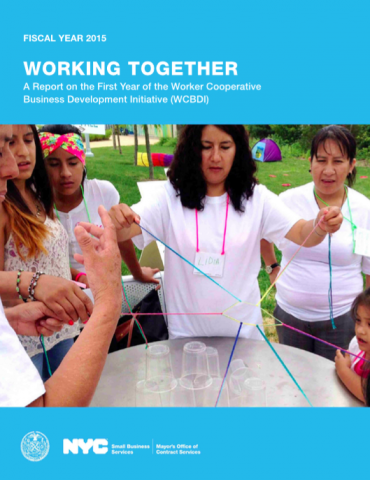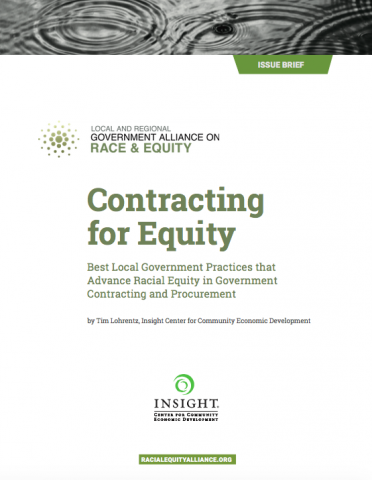This new white paper from the Participatory Budgeting Project discusses how governments can use participatory budgeting (PB) as a tool to foster civic participation, ensure more accountable and fair decision-making processes, and develop innovative policy solutions. The paper provides a broad overview of how PB works and highlights successes from the more than 3,000 PB efforts implemented across the United States. The paper includes perspectives from: New York City, where low-income residents represented 40 percent of participants in PB processes (compared with 29 percent for previous local elections); Boston, which has developed a youth-led PB process; and Greensboro, North Carolina, the first PB effort in the American south.
